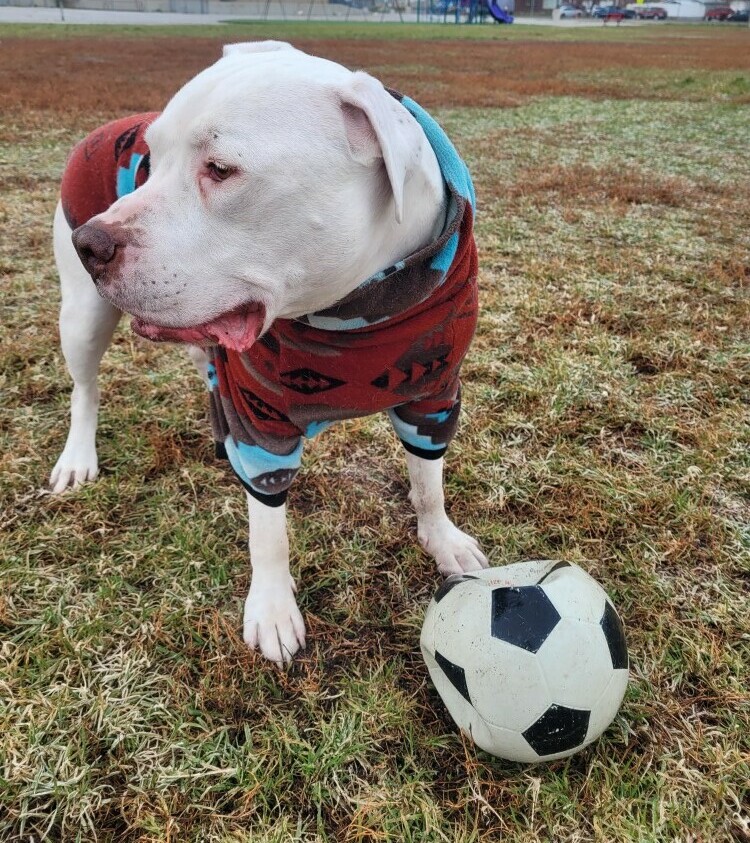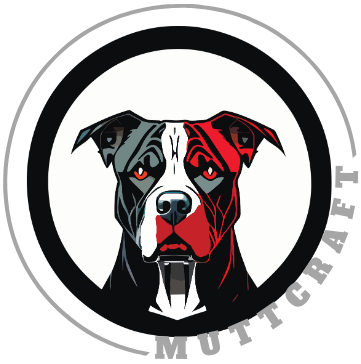Understanding Pit Bull Temperament And Personality Traits
 When you hear ‘Pit Bull,’ a specific image or presumption often comes to mind, influenced by media portrayals and widespread myths. But what exactly encapsulates a pit bull? The term commonly refers to a group of breeds including the American Pit Bull Terrier, the American Staffordshire Terrier, and others with similar characteristics. Despite the shared label, each has unique traits worth recognizing.
When you hear ‘Pit Bull,’ a specific image or presumption often comes to mind, influenced by media portrayals and widespread myths. But what exactly encapsulates a pit bull? The term commonly refers to a group of breeds including the American Pit Bull Terrier, the American Staffordshire Terrier, and others with similar characteristics. Despite the shared label, each has unique traits worth recognizing.
One of the greatest disservices to these breeds comes from the misconceptions about their temperament. Stereotypes paint them as aggressive and untrustworthy, when in reality, pit bulls often exhibit a warm and affectionate nature. It’s my goal to offer a clearer, more accurate picture of what to expect from these dogs.
Understanding pit bulls begins with setting aside preconceived notions. In truth, their history is deeply rooted in both companionship and work. Known for their strength and courage, pit bulls were once considered ideal family pets. Their story is rich, told across continents and generations, weaving them into the fabric of many societies.
Knowing that misconceptions abound, I approach this topic with a focus on experience and factual information drawn from credible sources such as canine behavior experts and veterinarians. As we proceed to dispel myths and explore the inherent temperament traits of pit bulls in the next section, keep in mind that each dog is an individual, influenced by both their biology and their environment.
Inherent Traits: The General Temperament of Pit Bulls
It’s often believed that a dog’s breed dictates its demeanor, but with Pit bulls, misconceptions can cloud the reality. To get to the heart of any breed’s temperament, including the pit bull, I consider genetics, behavior patterns, and first-hand accounts from experts and owners.
Genetically, pit bulls were bred to combine strength and agility. However, these needs have vastly changed, and today, the reputable breeding of pit bulls places a high priority on stable and gentle personality traits. This shift is something I see reflected in the temperament of well-bred pit bulls – friendly, outgoing, and eager to please.
Interactions between pit bulls and humans, as well as with other animals, can largely depend on early socialization. A well-socialized pit bull tends to be approachable and affectionate, debunking the myth that they are inherently aggressive. This aligns with the experiences of many pit bull owners who report their pets display a high level of friendliness and sociability.
The environment a pit bull grows up in, paired with its upbringing, plays a significant role in sculpting its behavior. A nurturing home where the dog is treated with kindness and consistency often yields a well-adjusted pit bull. It’s crucial to provide firm yet fair guidance during training, using positive reinforcement to encourage good behavior.
I’ve seen that pit bulls can thrive in a loving environment that meets their physical and emotional needs. By understanding that each dog is an individual, owners can better support their pit bull’s natural tendencies toward being loyal and affectionate companions.
Loyal Companions: Social and Emotional Aspects of Pit Bull Personality
 Many people are quick to label pit bulls as aggressive, but those familiar with the breed will tell you about their capacity for love and loyalty. It’s worth considering the emotional intelligence of pit bulls, which is quite high. They thrive on companionship and form deep bonds with their family members. Their ability to connect with humans on an emotional level is one of their most endearing traits.
Many people are quick to label pit bulls as aggressive, but those familiar with the breed will tell you about their capacity for love and loyalty. It’s worth considering the emotional intelligence of pit bulls, which is quite high. They thrive on companionship and form deep bonds with their family members. Their ability to connect with humans on an emotional level is one of their most endearing traits.
Understanding the emotional needs of pit bulls is critical. As a breed known for their emotional sensitivity, they require attention, interaction, and consistent social cues to feel secure. Neglect or harsh treatment can severely affect a pit bull’s mental well-being. On the other hand, positive reinforcement, affection, and regular engagement can foster a confident and happy dog.
The steadfast loyalty pit bulls exhibit towards their owners is commendable. This loyalty, while beneficial in creating a strong dog-owner relationship, also comes with responsibility. Owners must commit to guiding their pit bulls through proper training and social experiences, ensuring they develop a well-rounded personality that reflects the positive attributes of the breed.
Caring for a pit bull also means investing time into their socialization. Socializing a pit bull involves regular, controlled exposure to different people, animals, and environments to build their confidence and sociability. Well-socialized pit bulls are less likely to develop fear-based defensive behaviors, making them more approachable and adaptable.
This discussion on pit bulls’ social and emotional facets transitions us into the practicalities of living with one. In the following section, I outline important considerations and provide actionable advice for anyone contemplating the rewarding commitment of owning a pit bull.
Living with a Pit Bull: Considerations for Prospective Owners
If you’re thinking about welcoming a pit bull into your home, it’s essential to evaluate not just your desire for a pet, but also your ability to meet their specific needs. A pit bull, like any dog, requires a commitment to training, exercise, and affection.
Training should start early, with a focus on positive reinforcement. This helps foster trust and a strong bond between you and your dog. With consistent training, pit bulls can become well-behaved and responsive companions.
Exercise isn’t just about physical activity; it’s also about mental stimulation. pit bulls are intelligent dogs craving challenges. Make sure you have a plan for regular play times, walks, and puzzle toys that engage their mind.
Your lifestyle should be compatible with the needs of a pit bull. If you’re away from home often or don’t have a lot of space, a high-energy dog like a pit bull might not be the best choice.
Finally, stay informed about health issues that can affect pit bulls, such as hip dysplasia and heart conditions. Regular vet check-ups and a nutritious diet are the cornerstones of a long, healthy life for your pit bull.
